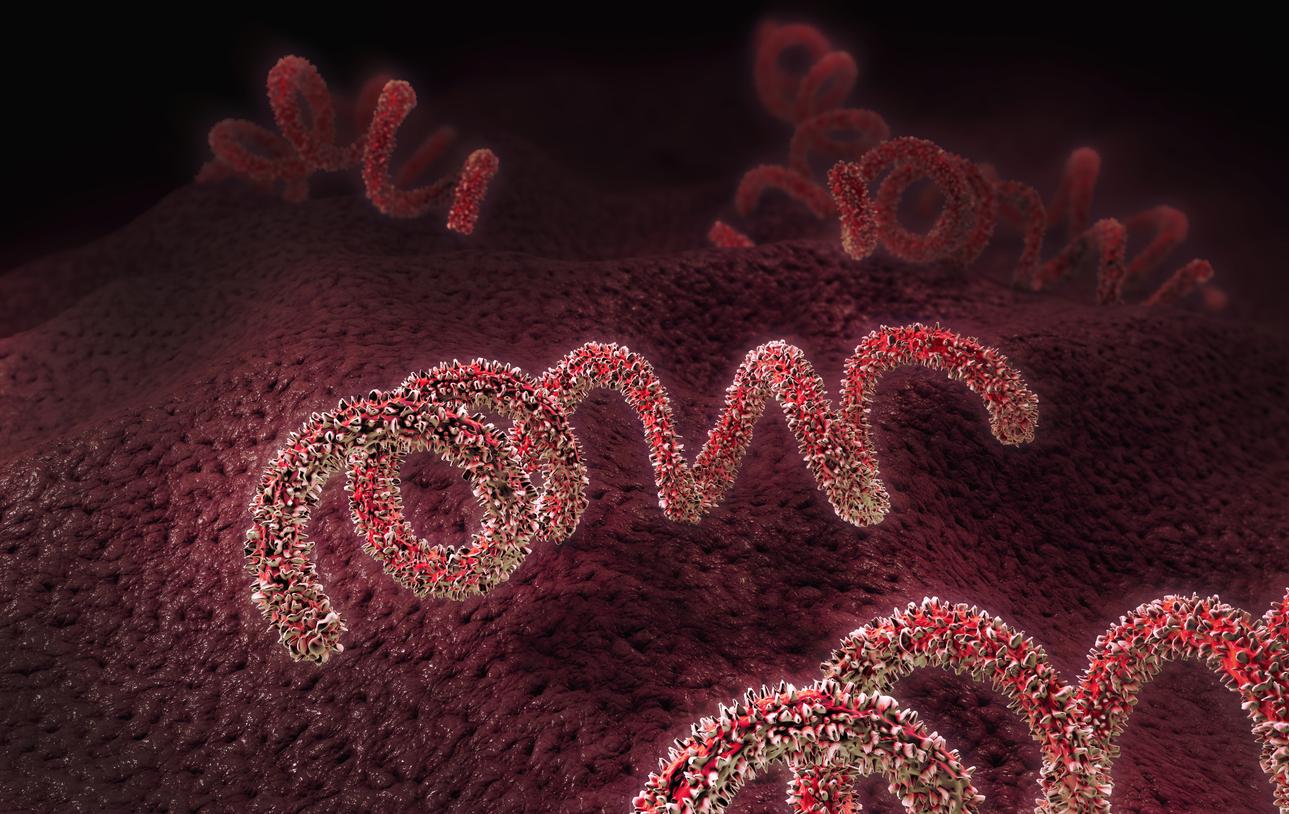The sexually transmitted infection that she contracted is called donovanosis. It is responsible for genital ulcers and, in some cases, for tissue destruction.

A case of donovanosis has been detected in England. This is the first time that this “flesh-eating” sexually transmitted infection (STI) has affected a British man. It causes ulcers in the genitals and when left untreated it destroys certain tissues, hence its nickname flesh eater.
A so-called “flesh eating” sexually transmitted infection has been in the news. @bruce_y_lee explains what donovanosis is https://t.co/DMVyIcbuHN pic.twitter.com/HZaf1bdVes
– Forbes Health (@forbeshealth) 23 Aug 2018
An extremely rare case in Western countries
Donovanosis is endemic in tropical and subtropical countries: South Africa, Papua New Guinea, etc. Conversely, in Western countries, cases are extremely rare. STIs are caused by bacteria called Klebsiella granulomatis, contamination is caused by contact with lesions. It is mainly transmitted during sexual intercourse, but in some rare cases a person can become infected from their skin contact with the ulcer.
A high risk of relapse
The genitals, anal area and crotch are the parts affected by the bacteria. If treatment with antibiotics is not started quickly, the chair rots, causing irreversible damage. Symptoms are not immediate; they can take between eight and twelve weeks to appear. Initially, the sores are painless, but sometime after infection, ulcers develop and can bleed easily. You must remain vigilant after treatment, as the risk of relapse remains for six to eight months.
Young people, more affected by STIs
This case reminds us of the need to use condoms during sex, because if donovanosis is rare, multiple STIs are widely widespread. The young woman affected by donovanosis in England is between 15 and 25 years old, which reminds us that young people are often more affected by STIs. In France, according to a report by National AIDS and Viral Hepatitis Council (CNS) in February 2017, young people aged 15 to 24 represent 40% of STI cases.
.

















